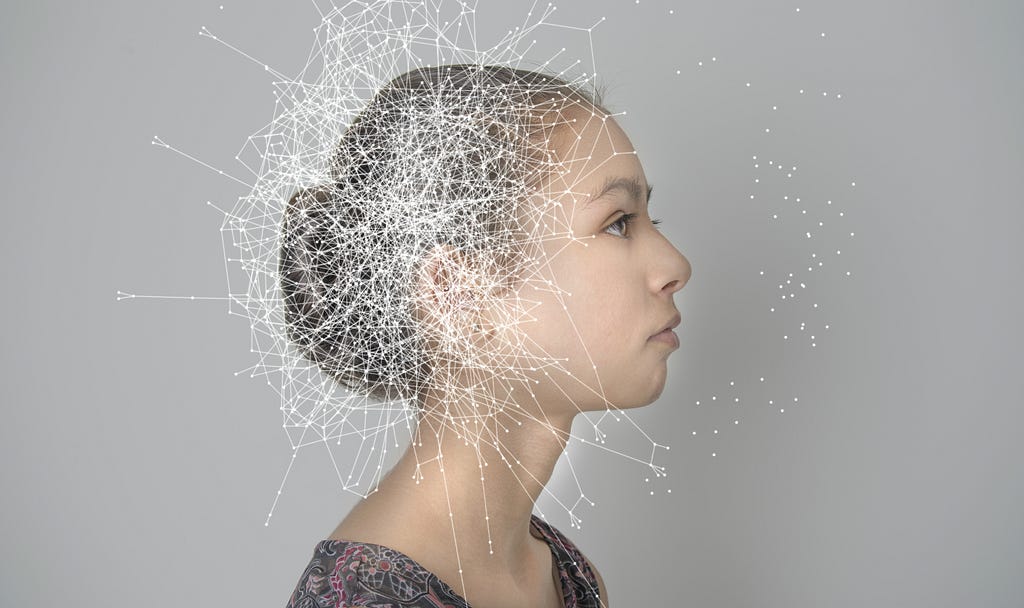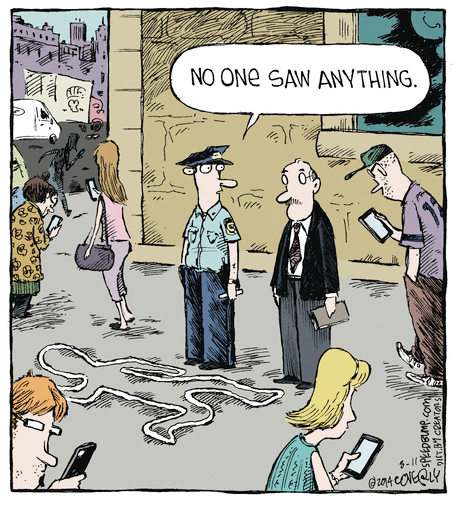
I have studied emotional intelligence as a hobby for a long time. Until recently, I believed emotional intelligence to remain one of the core advantages of us humans after artificial intelligence has taken over all tasks requiring memorization and logic.
During the past few years, I’ve focused my studies on emotionally intelligent algorithms, as it is the business of my startup, Inbot.
The more I have researched them, the more convinced I have become that people are no longer ahead of AI at emotional intelligence.

Yuval Noah Harari writes in his best-selling book Homo Deus that humans are essentially a collection of biological algorithms shaped by millions of years of evolution. He continues to claim that there is no reason to think that non-organic algorithms couldn’t replicate and surpass everything that organic algorithms can do.
The same is echoed by Max Tegmark in his book Life 3.0: Being Human in the Age of Artificial Intelligence. He makes a compelling case that practically all intelligence is substrate independent.
Let that sink in for a moment. Our emotions and feelings are organic algorithms that respond to our environment. Algorithms, that are shaped by our cultural history, upbringing and life experiences. And they can be reverse engineered.
If we agree with Dr. Harari, who is a professor at the Hebrew University of Jerusalem, and Dr. Tegmark, who is a professor at MIT in Boston, computers will eventually become better at manipulating human emotions than humans themselves.
People are generally not emotionally intelligent
In real life situations, we are actually pretty bad at emotional intelligence.
Most of us are ignorant about even the most basic emotional triggers we set off in others. We end up in pointless fights, dismiss good arguments because they go against our biases, and judge people based on stereotypes.
We don’t understand the effects of cultural context, family upbringing or the current personal life situation of our discussion partner.
We rarely try to put ourselves in the other person’s position. We don’t try to understand their reasoning if it goes against our worldview. We don’t want to challenge our biases or prejudices.

Online, the situation is much worse. We draw hasty and often mistaken conclusions from comments by people we don’t know at all, and lash at them if we believe their point goes against our biases.
Lastly, we have an evolutionary trait of seeing life as the “survival of the fittest”. This predisposes us from taking advantage of others, to focus on boosting our egos, and to put ourselves on a pedestal.
The most successful people often lie to gain advantage, manipulate to get ahead, and deceive to hide their wrongdoings. It’s about winning at all costs, causing a lot of emotional damage on the way.
AI is advancing rapidly at emotional intelligence
While us humans continue to struggle to understand each other, emotionally intelligent AI has advanced rapidly.
Cameras in phones are ubiquitous and omnipresent, and face-tracking software is already advanced enough to analyze the smallest details of our facial expressions. The most advanced ones can even tell apart faked emotions from real ones.
In addition, voice recognition and natural language processing algorithms are getting better at figuring out our sentiment and emotional state from the audio.
The technologies to analyze emotional responses from faces and voice are already way beyond the skills of an average human, and in many areas exceed the abilities of even the most skilled humans.
Artificial Intelligence can look at our faces to recognize such private qualities as your sexual orientation, political leaning or IQ.
While AI can decipher almost any emotion from your face or speech, we haven’t yet put a lot of effort in scientific study of emotionally intelligent AIs.
The advances in this field are currently almost solely driven by commercial interests and human greed.
Media and entertainment companies need our attention and engagement to make money. Companies like Facebook and YouTube have a large number of engineers working to create ever better ways to addict us to their content.
I wrote about this in earlier in a short post named The worrying growth of the business of addiction.

These algorithms are designed to pull our emotional triggers to keep us entertained. And they have become very, very good at it.
Some of the core developers of these algorithms have gotten scared of the power technology has on us, and say our minds can be hijacked.
Big data gives an edge to emotionally intelligent AIs
Unlike people, AI can leverage your whole online history, which in most cases is more information than anybody can remember about any of their friends.
Some of the most advanced machine learning algorithms developed at Facebook and Google have already been applied on a treasure trove of data from billions of people.
These algorithms already know what your desires, biases and emotional triggers are, based on your communication, friends and cultural context. In many areas, they understand you better than you know yourself.
The progress of algorithms has gone so far that Facebook and Google are now accused of creating filter bubbles that can effect public opinion, rapidly change political landscapes and sway elections.
These algorithms are getting so complex that they are becoming impossible to fully control by humans. Facebook’s chief of security Alex Stamos recently tweeted that journalists are unfairly accusing them for manipulation, when in reality there are no solutions available that wouldn’t lead to someone accusing them of bias.
The future of emotional artificial intelligence
People have a lot of biases, which cloud our judgment. We see the world as we wish it to be, not as it is. Algorithms today, being made by people, incorporate some hints of our biases too. But if we wanted to remove such biases, it would be relatively easy to do.
As artificial intelligence gets better at manipulating us, I see a future where people happily submit their lives to the algorithms. We can already see it in practice. Just look around yourself in public — almost everyone is glued to the their smartphones.
Today, people touch their phones on average 2,617 times a day.

We are approaching an era, when artificial intelligence uses humans as organic robots to realize its goals. To make that happen, thousands of engineers are already building an API to humans.
The second part of this series is called The Human API.
Berlin, 9.10.2017
Mikko Alasaarela
I look forward to debating this interesting topic with you. Please comment and share!
My company Inbot is among the pioneers that leverage AI algorithms to offer real long term monetary value to humans for their data and services. We exist to counter the trend of intelligent machines enslaving humans, and to provide human opportunity in the age of artificial intelligence.
Join our Ambassador Community to earn long term dividends by introducing innovative AI businesses to customers.
Join 30,000+ people who read the weekly 🤖Machine Learnings🤖 newsletter to understand how AI will impact the way they work.

The Rise of Emotionally Intelligent AI was originally published in Machine Learnings on Medium, where people are continuing the conversation by highlighting and responding to this story.
This was originally published from: https://machinelearnings.co/the-rise-of-emotionally-intelligent-ai-fb9a814a630e?source=rss----6b021343882e---4 on


